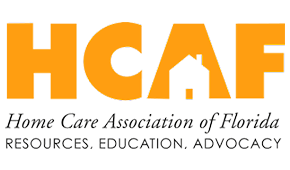Have you ever had a problem with your medicines? You are not alone. There are so many things to keep track of. For example, you may have asked yourself:
• When exactly should I take my medicine?
• Is it safe to take my vitamins when I am taking a prescription medicine?
• Now that I feel better can I stop taking my medicine?
Let’s face it. Medicine is prescribed to help you. But it can hurt if you take too much or mix medicines that don’t go together. Many people are harmed each year, some seriously, because of taking the wrong medicine or not taking the right medicines correctly.
You can help get the best results by being a partner with your health care team. Your health care team includes:
• Doctors, physician assistants, nurse practitioners, or other professionals who prescribe your medicine for you or are in charge of your care.
• Nurses who help with your care at home, a doctor’s office, or a hospital.
• Pharmacists who fill your prescription and available to answer questions about your medication.
QUESTIONS TO ASK BEFORE TAKING MEDICINE
1. What are the brand name and generic name of this medicine?
2. Can I take a generic version of this medicine?
3. What am I taking this medicine for?
4. Does this new prescription mean I should stop taking any other medicines I’m taking now?
5. How do I take the medicine and how often do I take it? If I need to take it three times a day, does that mean to take it at breakfast, lunch, and dinner, or take it every 8 hours?
6. Do I need to take it all, or should I stop when I feel better?
7. How long will I be taking it? Can I get a refill? How often can I get a refill?
8. Are there any tests I need to take while I’m on this medicine?
9. When should I expect the medicine to start working? How can I tell if it’s working?
10. When should I tell the doctor about a problem of side effect?
11. Is there food, drinks (including alcoholic beverages), other medicines, or activities to avoid while I’m taking this medicine?
12. What are the side effects that can happen with this medicine?
13. What should I do if I have a side effect?
14. What happens if I miss a dose?
15. What printed information can you give me about this medicine?
Remember, quality matters, especially when it comes to your health.
Properly Disposing of Medications
Sheila Birnbaum’s professional career has been devoted to enhancing patient care. As the Director of the Patient Advocacy Program at Robert Wood Johnson University Hospital (RWJUH), Hamilton, NJ, she instituted numerous programs, many which received statewide recognition, including several prestigious rewards.








